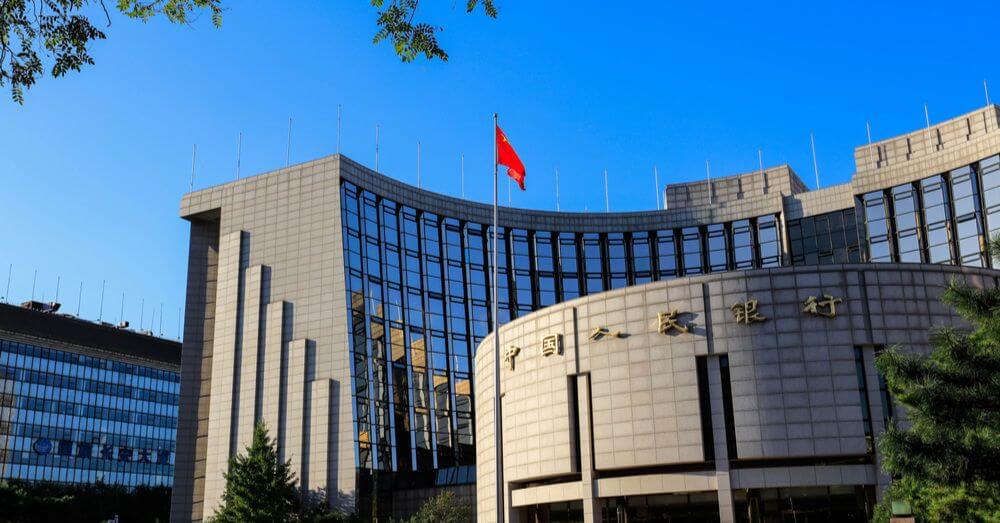
The country offers an average of $2,685 per month — a considerable climb from last year’s average at $1,230
China’s development of its central bank digital currency (CBDC) has led to an increase in salaries for blockchain tech professionals. It is likely that this is due to the high demand for specialists in the country.
An article from Chainnews, a local media outlet, reports that hundreds of companies across the country have been posting job openings that require knowledge and expertise on blockchain. The monthly salaries, on average, begin at $2,865; however these figures have more than doubled from an average of $1,230 last year.
Candidates who can bring more than three years of experience to the table are also offered higher salaries. People who can fulfill this criteria can expect around $7,000 per month.
Companies in China have made education on cryptocurrencies and blockchain technology a priority, with tech companies providing educational resources to their employees to help them navigate the complexities of the technology.
The country’s Ministry of Human Resources and Social Security (MOHRSS) released a statement that formally recognised blockchain-focused jobs as professions, such as tech developers, blockchain analysts and engineers.
The digital yuan has steadily gained momentum since the start of the year, with several of China’s largest companies and banks participating in testing the technology. These merchants were handpicked by the People’s Bank of China (PBoC) for testing, carefully ensuring that the first batch of testers would fit their criteria.
The PBoC reached out to local entities such as Meituan Dianping, DiDi and Bilibili to accelerate the popularisation of their initiative. These companies process transactions worth several billion dollars on a daily basis, which can help speed up the adoption of the digital yuan.
The three companies have a combined user base of over one billion people. This includes their audience in China, Australia and a select number of countries in South America. With such a significant global reach, China’s digital currency electronic payment (DCEP) would be easily accessible to a vast segment of users from the get-go, many of whom are representatives of large companies in the world of finance.
This approach heightens the DCEP’s chances of being popularised in the near future.
Currently, neither the government nor the central bank has revealed the length of their testing period. However, it is clear that the first phase of testing is well underway. Testing for the DCEP has already been implemented across four cities: Shenzhen, Suzhou, Chengdu and Xiong’an.

